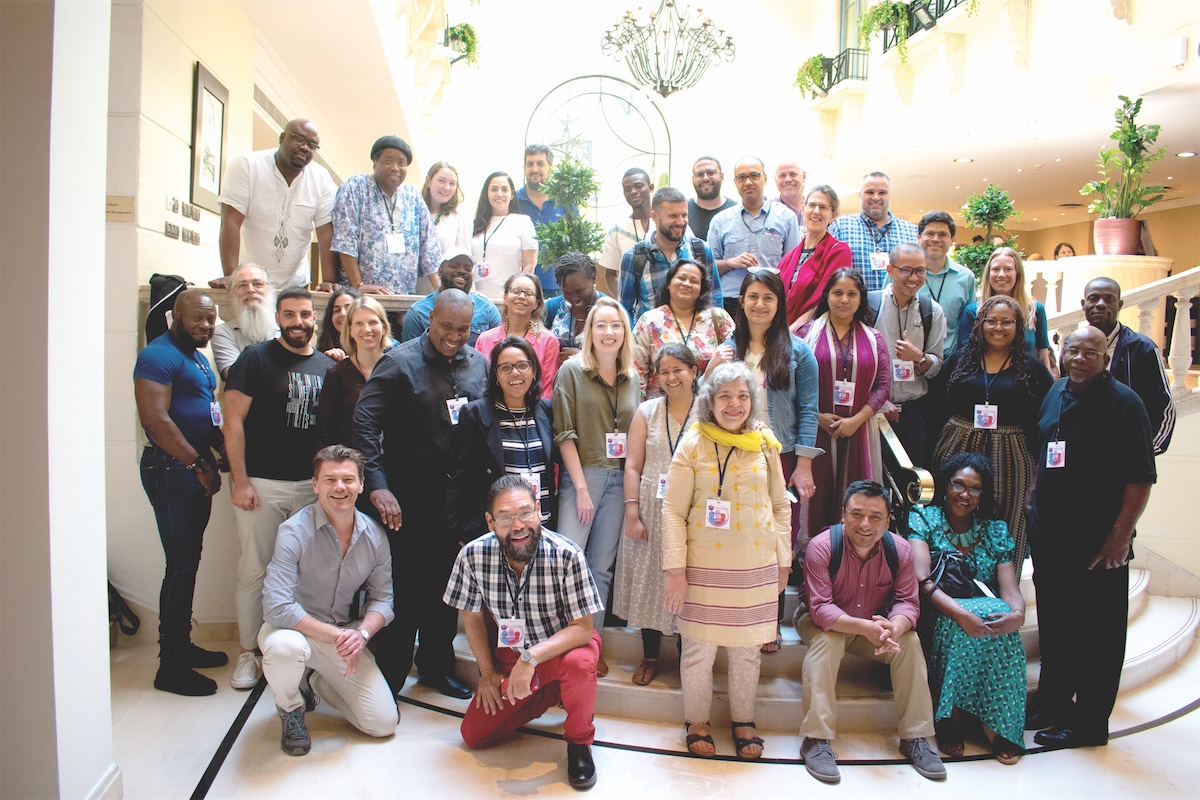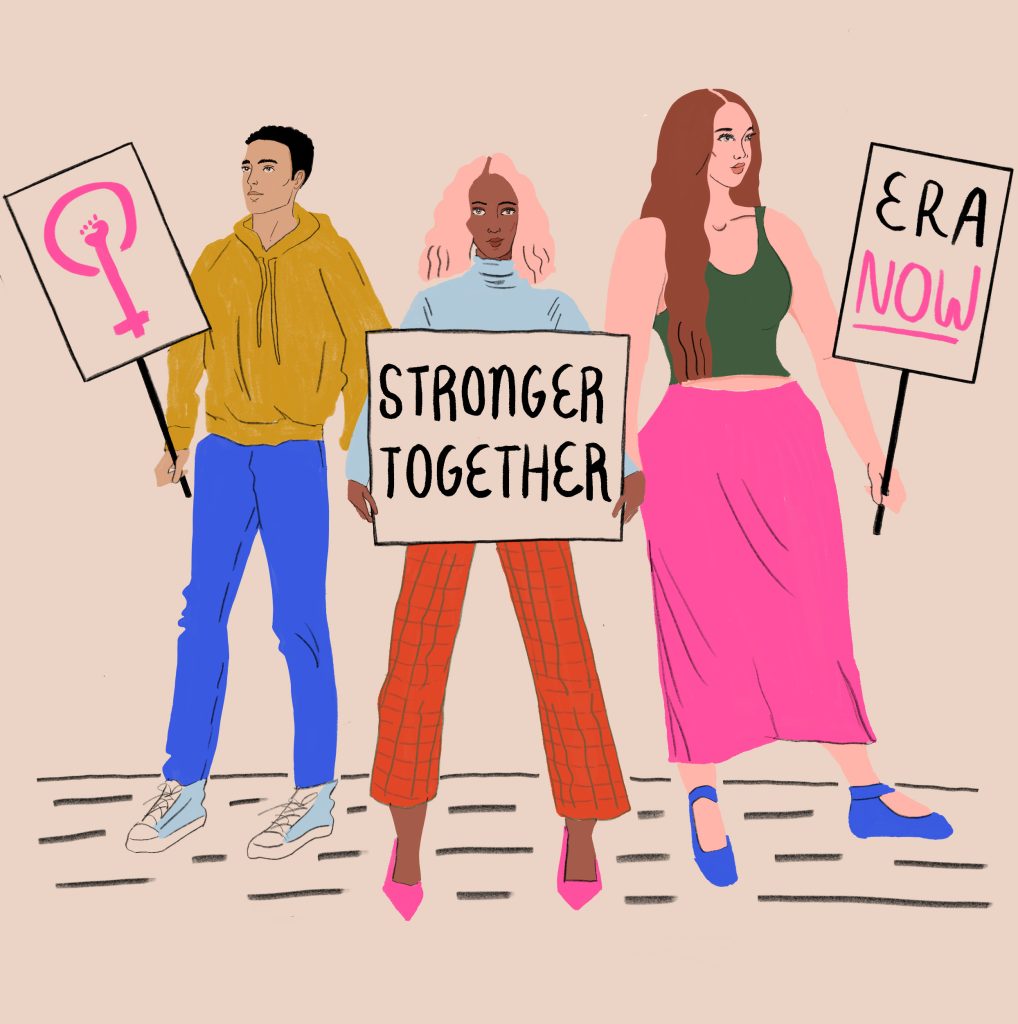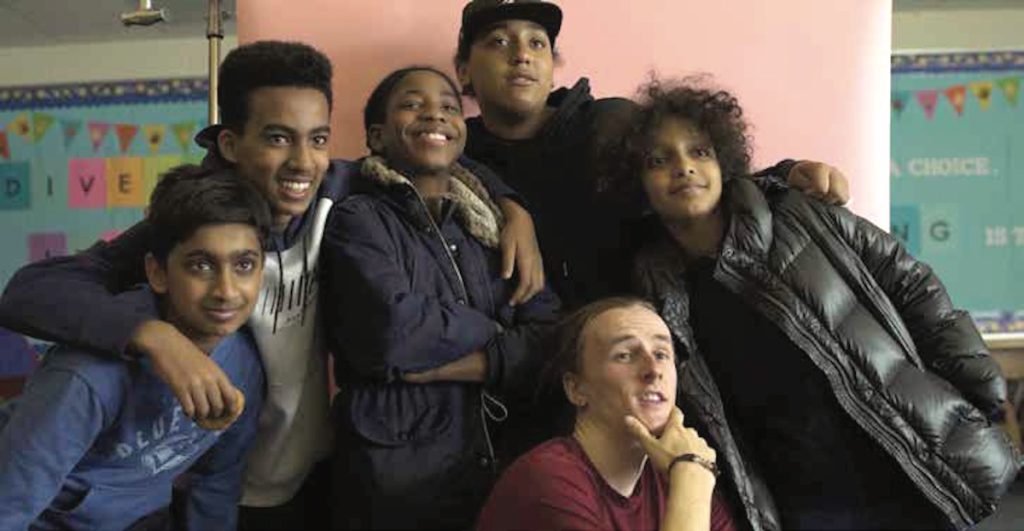A Social Justice Movements You’ve Probably Never Heard Of

For nearly a half-century, a growing number of men of all races and ethnicities in North America and around the world have followed women in working to prevent domestic and sexual violence and protect reproductive rights, while also working to redefine and transform traditional ideas about manhood, fatherhood, and brotherhood. We’ve been called all kinds of names but describe ourselves as members of the profeminist or antisexist men’s movement.
Our movement includes and covers a range of men and men’s experiences: from boys on the journey to manhood and fathering to male survivors and men of color; from GBTQI+ men to men overcoming violence; from men’s health to men’s experience of feminism. Woven together, we’ve created a dazzling, multilayered tapestry of one of the most important social change movements you may never have heard of. The five organizations profiled in this chapter are not just representative of the rich collection of profeminist, antisexist groups and organizations in the U.S. and Canada, but of the hundreds of these activist organizations fueling change in scores of countries around the world.

Profeminist men hold the simple “radical” belief that gender and sexual equality are fundamental democratic goals and that women and men should have the same rights and opportunities. Although often marginalized in the mainstream media, profeminist men have been engaged in a sweeping critique of manhood and masculinity since the 1970s – work that has largely been overlooked in the national conversation about gender.
The groups profiled here are emblematic of the new generation of profeminist organizations that have emerged since the start of this century. They represent the diversity of profeminist men’s work, and each is contributing to the movement’s rich history.
Many of the early profeminist men’s organizations supporting women’s rights almost exclusively addressed men’s violence against women (as opposed to, say, advocating for advancing women’s economic circumstances or reproductive rights). Many nascent profeminist activists were either reading or reading about Andrea Dworkin’s book, Woman Hating: A Radical Look at Sexuality, published in 1974, and Susan Brownmiller’s book, Against Our Will: Men, Women and Rape, which came out the following year.
The 1970s and early 1980s were a time of deepening awareness of men’s violence against women, and over and over, profeminist men’s organizations reported that women in their communities were alternately imploring and demanding that men make men’s violence against women their top priority. As Gloria Steinem famously said, “Women want a men’s movement. We are literally dying for it.”
Decades later, when #MeToo had exposed the breadth and depth of some men’s sexual harassment and assault of women, there was not only a deeper analysis but also an increase in resources that men could use to understand the scope of the problem and how to confront it.
Many men felt simultaneously threatened by and envious of women’s groups, women’s politics – the entire women’s movement. Most men couldn’t keep up. Women’s bilingualism – speaking both “Emotionalese” and “Politicalese” – certainly made it challenging, but not impossible, for men to understand what was happening in those dizzying times, especially once men relinquished our heretofore-unquestioned belief that when it came to gender, there was only one official language: “Manspeak.” (This was years before Rebecca Solnit humorously captured men’s arrogance in an essay that inspired the term “mansplaining.”)
Acknowledging women’s fluency in Emotionalese, men haltingly began to talk about our struggles, our feelings, our inner lives. Trouble was, men were primarily doing so with the people they believed could hear and understand them best – women. Slowly, over time, more men began to realize that who we really needed to be talking to were other men. Men learning to talk to each other has been part of the story of our own liberation. Like other men, profeminist men have benefited greatly from working on themselves, recognizing that our personal growth – our own liberation – wasn’t separate from women’s liberation.

In 2009, some 450 men and women allies from 77 countries met in Rio de Janeiro, Brazil, for the four-day Global Symposium on Engaging Men and Boys in Achieving Gender Equality. Five years later, in 2014, a second symposium, Men and Boys for Gender Justice, was held in New Delhi, India. Nearly 1,200 delegates from 94 countries attended. In 2020, the third symposium in Kigali, Rwanda, was primarily held remotely because of the COVID-19 pandemic. Its theme, Ubuntu – “I am because you are” – underscored the interconnectedness of those of us doing gender equality work.
This global campaign is united under the banner of the MenEngage Alliance, a network of more than 1,000 members in 88 countries. Major conferences on themes related to preventing violence against women and promoting healthy masculinity for boys and men are held regularly across the globe. In North America, such events occur from coast to coast, in our largest cities, and on the campuses of many of our most prestigious colleges and universities. The profeminist men’s movement has come a long way.
There is tremendous opportunity in the second half of this decade for profeminist men to add to our numbers. The groups profiled in this chapter, like the profeminist men’s movement as a whole, advocate for men to better integrate our inner lives with our outer actions, exploring our personal attitudes while working to achieve gender and social justice.
Even though women long ago stopped asking men to give up our privilege, it didn’t mean they gave up on men. As renowned feminist cultural theorist bell hooks wrote in The Will to Change: Men, Masculinity, and Love, “… only a feminist vision that embraces feminist masculinity, that loves boys and men and demands on their behalf every right that we desire for girls and women, can renew men in our society.”
Men cannot turn away from acknowledging the power we hold in society. Not a power we earned, but one we received at birth simply by arriving on the planet in male-identified bodies. Relinquishing our grip on the twin symbols of that power – privilege and entitlement – has never been easy. Men fear both losing control and having less. Most of all, we fear the unknown. Men wonder, “What will my life look like if I am not in charge?” It’s not asking too much to invite men to trust that our lives will be enriched in ways we can’t imagine if we loosen our grip and share the reins or, Goddess forbid, hand them over to women.
A half-century into our movement, profeminist men have a unified message: Men can change, men want to change, and men are changing. Men are saying farewell to a single, rigid definition of masculinity and replacing it with an emotionally rich expression of masculinities. We are navigating our lives with both our eyes and our hearts open, beginning to see the contours of a manhood that celebrates rather than dreads men’s tears and uncertainties. We are now able to cross the gender landscape on surer footing, better able to witness women’s lives and understand women’s realities. To the men in your life who will read these words, I have an invitation: Join us.